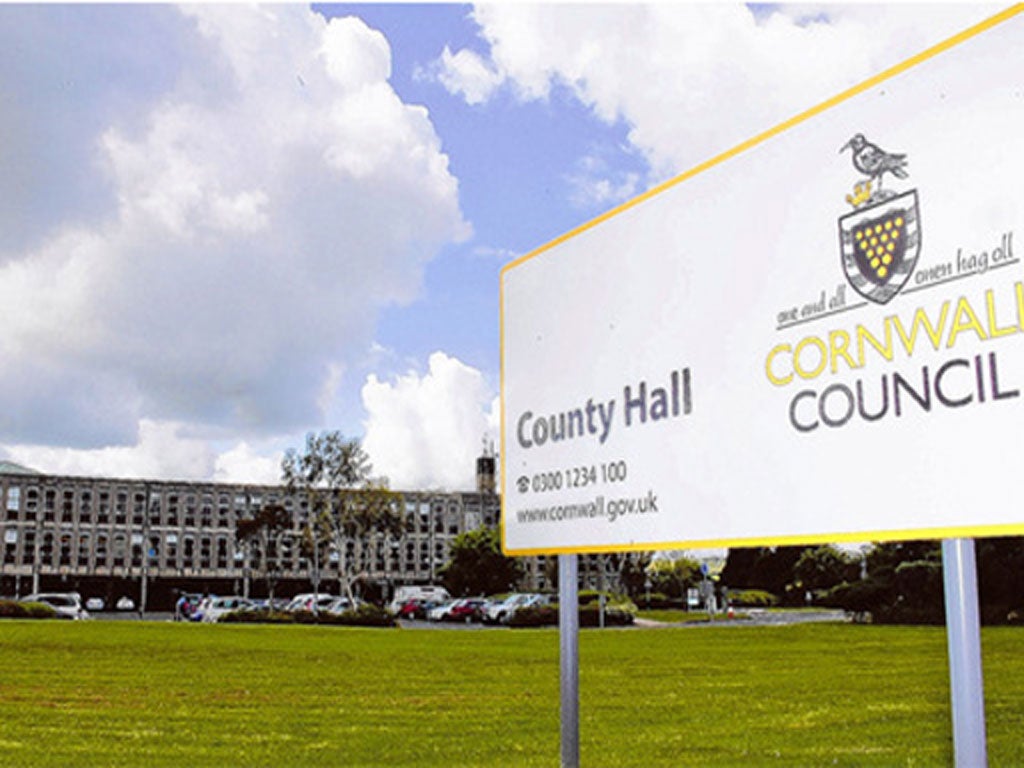No-change parking meters make extra £300,000 a year in Cornwall

Your support helps us to tell the story
From reproductive rights to climate change to Big Tech, The Independent is on the ground when the story is developing. Whether it's investigating the financials of Elon Musk's pro-Trump PAC or producing our latest documentary, 'The A Word', which shines a light on the American women fighting for reproductive rights, we know how important it is to parse out the facts from the messaging.
At such a critical moment in US history, we need reporters on the ground. Your donation allows us to keep sending journalists to speak to both sides of the story.
The Independent is trusted by Americans across the entire political spectrum. And unlike many other quality news outlets, we choose not to lock Americans out of our reporting and analysis with paywalls. We believe quality journalism should be available to everyone, paid for by those who can afford it.
Your support makes all the difference.Cornwall Council has defended the use of no-change parking meters after it emerged it collected an additional £300,000 from machines in a year.
Information provided by the council, following a Freedom of Information request, shows that £11.6 million was collected in parking fees in 2011/12 overall, with £307,293 sourced from an "over-vend".
Run by a Liberal Democrat-Independent coalition, the council confirmed that it would not be stocking the 250 machines with increased amounts of change, citing possible vandalism and lack of funds.
The council said in a statement: "In Cornwall, there are over 250 pay and display machines in locations from Bude to Porthcurnow and if these machines gave change there would have to be a mechanism to ensure they were continually stocked with sufficient change and to address the situation if they were not.
"The logistical problems of doing this would be great and would result in a high cost. The 'base level' of change would also be left in the machines at all times making them much more prone to vandalism and theft.
"The amount of overspend only represents about two per cent of our total income from car parking. Like any surplus parking income, it is used to support transportation requirements such as road maintenance and concessionary bus fares."
In 2008, Plymouth City Council were criticised following a similar problem after posting profits of £5 million from parking fees, with locals hitting out at the money-making process. The Council eventually introduced a 'pay on foot' system - which requires the driver to pay at a payment machine before returning to their vehicle, something the Cornwall Council may be forced to do if they receive complaints from motorists.
Join our commenting forum
Join thought-provoking conversations, follow other Independent readers and see their replies
Comments